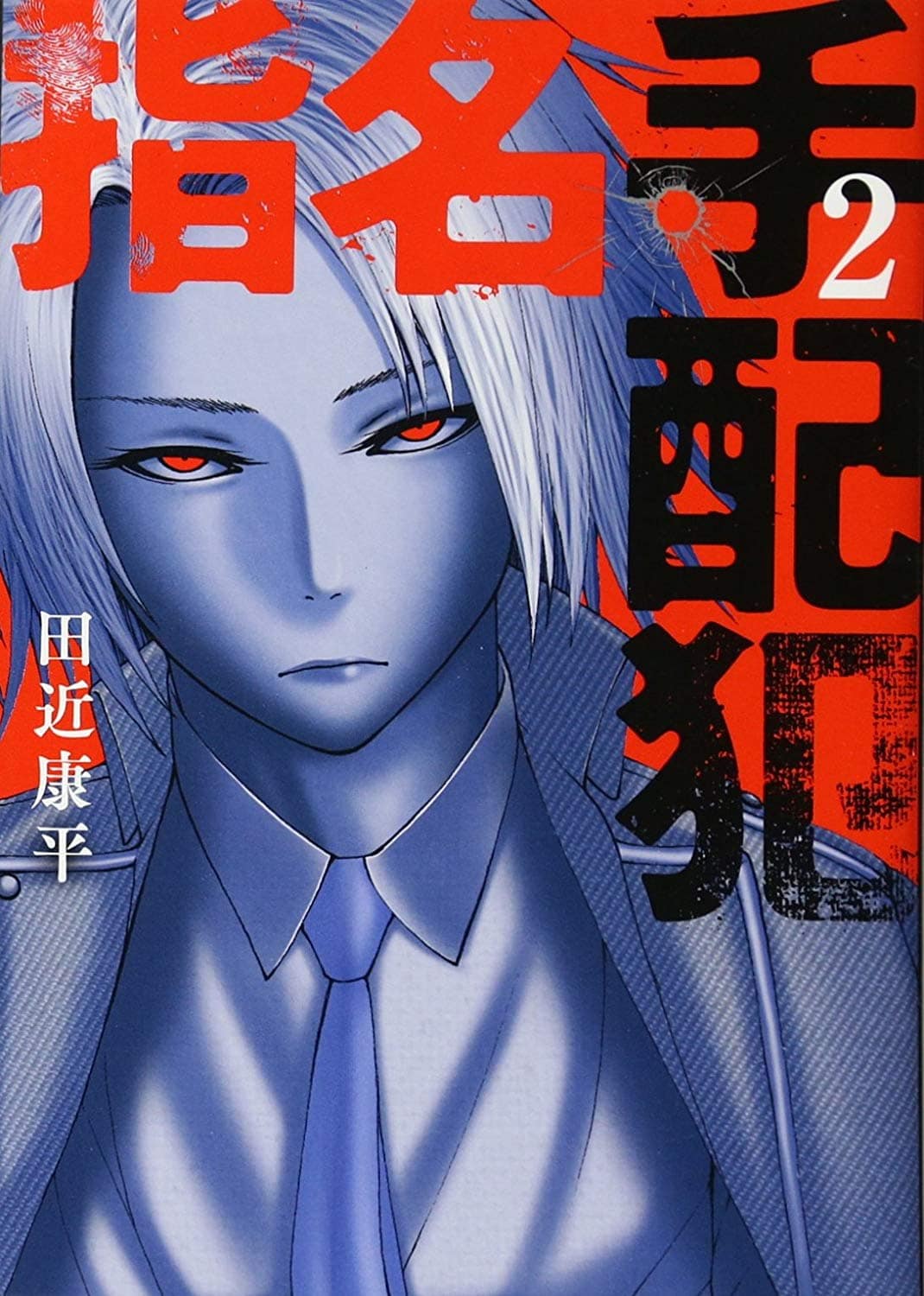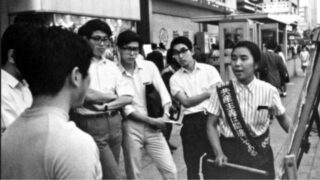The first part of a written statement sent to Keiko Nagaoka, Minister of Education, Culture, Sports, Science, and Technology.
by Masumi Fukuda
Article 1 of 4


I have written articles on issues concerning the Family Federation for World Peace and Unification (called in this text “the former Unification Church” because this was its previous name, and a name under which it is still known) in the December 2022, January 2023, March 2023, and April 2023 issues of the magazine “Monthly Hanada.” The first three articles were enclosed as attachments to the reports and other materials submitted by the former Unification Church in its response to the second and third exercises of the right to ask questions by your Ministry.
In this report, I would like to present my opinion on how misinformation has influenced both the public and the government, and confused the issue of the claims that the former Unification Church should be dissolved. I will include parts of what I have written in my articles in the text that follows.
After graduating from the Department of Sociology at Rikkyo University, I worked for a trade magazine company and a publishing company, and am currently a freelance nonfiction writer. I have published six books:
- “‘But I Do Not Wish to be Executed:’ The Brother of a Victim Appeals for the Abolition of the Death Penalty” (1998, Gendai Shokan)
- “Stalin: Portrait of His Family” (2002, Bungeishunju)
- “Fabrication: The True Story of the Fukuoka ‘Monster Teacher’ Case” (2007, Shinchosha, later Shincho-Bunko)
- “Assassination State Russia: Pursuing Journalists Who Had Been Purged” (2010, Shinchosha, later Shincho-Bunko)
- “Monster Mother: The Battle of the Teachers Who Were Involved in the ‘Bullying Suicide Case’ at the Maruko Technical High School in Nagano” (2016, Shinchosha, then Shincho-Bunko)
- “Political Correctness: Beyond ‘Respect for Diversity’ and ‘Word Hunting’” (2021, Hojosha).


The book “Fabrication: The True Story of the Fukuoka ‘Monster Teacher’ Case” investigates the truth behind the case of a teacher who was suspended after a complaint from a student’s parents and was deemed to be the “worst bullying teacher in history” by the media. My book revealed his innocence. It won the “Shincho Documentary Award” in 2007, became a bestseller with a total of 180,000 copies sold in both the hardback and paperback versions, and was also adapted into a comic.


“Monster Mother: The Battle of the Teachers Who Were Involved in the ‘Bullying Suicide Case’ at the Maruko Technical High School in Nagano” won “the Editors’ Choice of Magazine Journalism Award” for best work while serialized in the monthly magazine.
As you can see from my previous works, I have never chosen religion as a theme for writing. I had grown up in a family with no religion or religious beliefs, so I had no interest in them. And I was vaguely hostile to new religious movements, a position I shared with most Japanese.
Only once, about 27 years ago, I reported on Soka Gakkai. It was a paperback titled “My Neighbor Soka Gakkai,” published by Takarajimasha, with different authors for each chapter, and I was in charge of one chapter. I do not recall the exact name of the book, as I no longer have a copy of it in my library, but it had as a title something like, “Why Are Soka Gakkai Members so Tolerant of Illness and Misfortune?”
The editor introduced me to the job, and the editorial staff assigned me whom to interview. At that time, I met a number of Soka Gakkai members, and one thing that still impresses me today is that they were very resilient to hardship. I interviewed a woman whose husband had died of a fatal illness only a few years after their marriage, despite her devoted care, and a young man who had suffered from a malignant tumor that kept recurring. Despite their misfortunes, however, they never lost hope and remained cheerful and positive about life. I, as a non-believer, found their cheerfulness surprising.
I realized at that time that, “Those in the secular world often say that those who cling to faith are weak-minded people, and that it is because they are weak-minded that they fall into religion. But people who have faith as the foundation of their hearts and the guiding principle of their lives can in fact be strong.” I then thought a little bit more about the significance and value of religion.
I had little interest in or knowledge of the former Unification Church until the assassination of former Prime Minister Shinzo Abe on July 8, 2022, which triggered a resurgence of the campaigns against it. However, I was aware that the former Unification Church had been ostracized by the media because of accusations of “spiritual sales” and its mass weddings and, as many in my generation, I had a vaguely negative image of the church due to that.
However, as the media’s one-sided bashing of the former Unification Church became more and more intense, I began to think that this was indeed going too far. I was disturbed by the fact that the church was given little opportunity to explain itself, and even that saying something from a neutral point of view was considered taboo.


At a press conference held by the National Network of Lawyers Against Spiritual Sales on July 12, 2022, in response to the assassination, one after another the lawyers vehemently condemned the former Unification Church. They went on to say, “As far as the former Unification Church is concerned, Tetsuya Yamagami (Abe’s assassin) and his mother are 100% the victims, and the cult is 100% the perpetrator.” They described the former Unification Church as a “great evil.”
I was also surprised by the comments of Attorney Masaki Kito, who appeared every day on TV talk shows. He said, “The former Unification Church even makes its followers engage in prostitution to raise funds,” “The idea that it is legitimate to steal money is widespread among the former Unification Church followers,” “Parents ask gangs to get their children out of the church. However, the gangs give the money from the parents to the church,” and so on. All of these statements were frankly unbelievable. Furthermore, when Kito said, “Aum Shinrikyo and the Unification Church are the only religious groups in Japan that can be called cults,” I felt that it was unreasonable to equate Aum Shinrikyo, which has killed and injured many ex-followers and ordinary citizens, with the former Unification Church, which has not harmed one single person.
There is another reason why I was uncomfortable with the tendency to assume that the former Unification Church is synonymous of evil. As mentioned above, I published a book in 2021 called “Political Correctness: Beyond ‘Respect for Diversity’ and ‘Word Hunting.’”To write this book, around the spring of 2021, I interviewed a member of the editorial board of “Sekai Nippo,” who is an expert on the issue of political correctness in the United States.
I knew that “Sekai Nippo” is a daily newspaper affiliated with the former Unification Church, and as I mentioned earlier, I had a negative impression of that church. Accordingly, I was not totally sure it was safe to conduct the interview. Nevertheless, conservative celebrities often appear in this newspaper, and many of them also speak at lectures sponsored by it. I also knew that the quality of the articles themselves was high, and that they had published a number of scoops. Therefore, I thought, “Well, it should be okay,” and contacted them for an interview.
When I actually met the journalist, I found myself in front of an elegant, soft-spoken, knowledgeable reporter, who answered my questions accurately and was very cooperative, which made a very good impression on me.
A little more than a year later, I was reminded of that incident, and wondered whether the former Unification Church, to which such a kind person belonged, was really such an evil organization.








